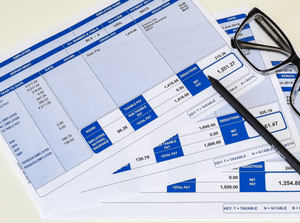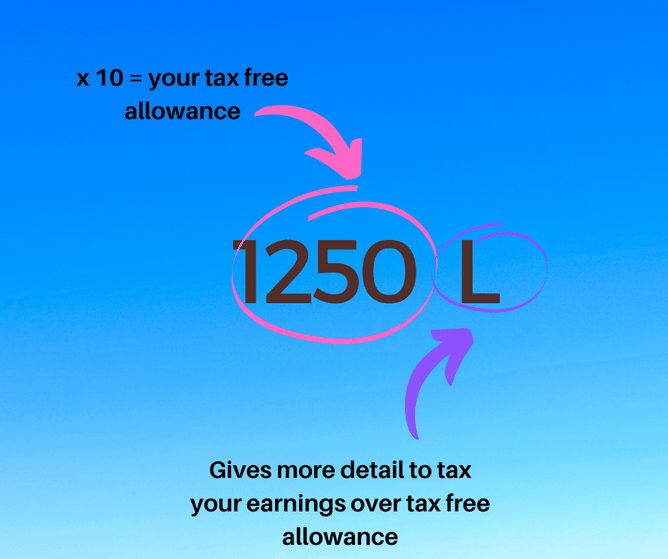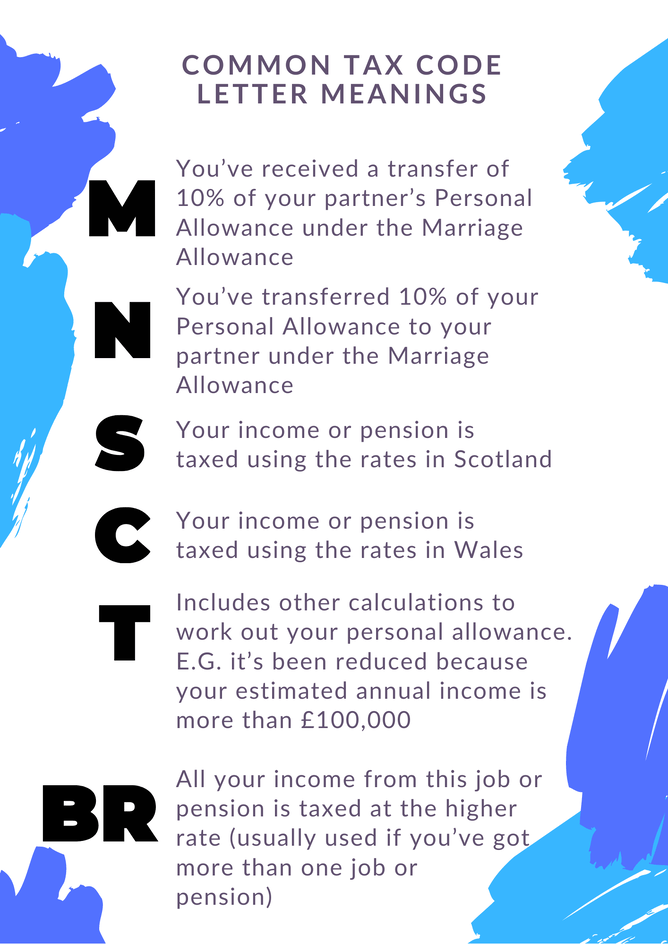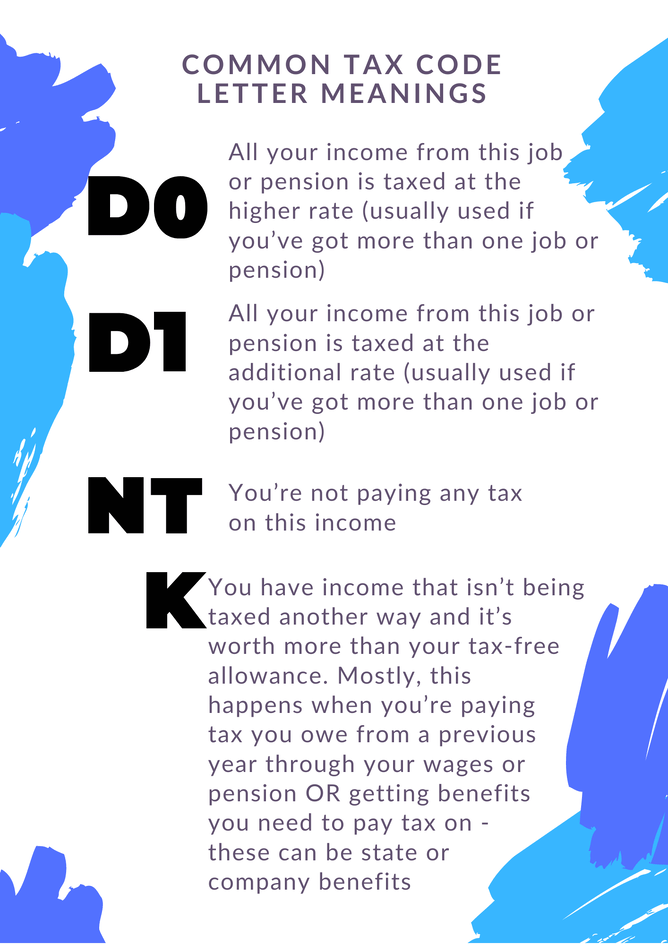Tax Code Guide For Employees
Were you aware you could be underpaid or overpaid without even knowing it?
This happens if you are on the wrong tax code. While being overpaid because of an incorrect tax code may not sound too bad, the tax man will catch up with you and any unpaid tax may be taken from your pay over the next tax year - leaving you with less take home pay.
What is the solution?
Check your tax code. It takes five minutes and will ensure that you are getting every penny that you deserve on pay day.
What is a tax code and what does it do?
On your payslip you would have seen something like OT, BR, 123K or 1250L. This is your tax code. It is important, as it tells your employer how to apply tax to your earnings. Everyone has an amount they can earn each year that will not be taxed, known as the annual tax-free allowance and for most people in 2020-2021 this is £12,500. Everything earned above this is taxed. There are factors that affect how much tax you should pay. The payroll department needs to know how much you get tax-free and at what rate they should tax the rest of what you earn. To this end they use your tax code.
Let us use the most common code for the 2021-21 tax year to explain it:
1250L
The number in this tax code tells how much you should be paid tax-free, by taking this number and
multiplying it by 10, you have your tax-free allowance.
The letter in your tax code gives more detail about how to tax earnings over your tax-free allowance.
Different letters have different meanings, here are other letters that are used in tax codes to denote different ways in which tax is applied to your earnings. These include the following:
For the full list of letters and their meanings, click here.
What if the number in your tax code is not 1250?
As the number in your tax code refers to the amount you can earn before tax starts being deducted, this can be increased or decreased depending on many outside factors.
The most common reasons is that the number is LESS than 1250
This may be because:
• You receive additional employment benefits that are taxable benefits such as: a company car, workplace parking, private healthcare
• You have additional income that hasn’t been taxed yet (e.g. rental income for a previous year)
• You need to pay tax on State benefits (including the State Pension)
• You underpaid tax in previous years
• This is a tax code for a 2nd (or 3rd etc) job
If the number is GREATER than 1250, This may be because:
• You buy, repair or replace small tools you need to do your job, e.g. scissors or a drill
• You clean, repair or replace specialist clothing, e.g. a uniform or safety boots
• You use your own vehicle for business
• You buy fuel when you use a company car
• You have to work at home on a regular basis, so you can claim some of the bills
Do you think you are on the wrong tax code?
Your employer and payroll department do not know any of the reasons behind your tax code, they are just given the tax code by HMRC so they are not the people to query your tax code with.
If you see a change on your wage slip you know they have been informed so this means you should have been issued with a letter with the full calculation contained, this is called a P800. If you have not received the letter, or disagree with the calculation on a letter you have received you should contact HMRC.
There are a number of ways to check your tax code:
To check your tax code online, click here.




